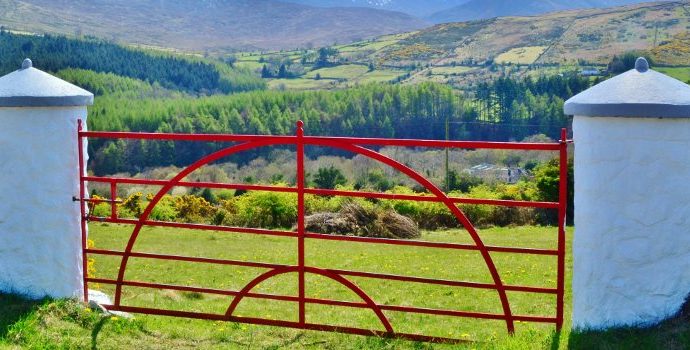Lamb Supplies Very Tight as Prices Harden

IFA National Sheep Committee Chairman James Murphy said factories are finding it very difficult to get supplies and are having to pay up to €6.30/kg with some wholesalers paying up to €6.40/kg to get supplies. He said it is clear the hoggets have dried up and the poor weather and higher costs are holding back new season supplies.
James Murphy said the costs of production have rocketed this year and farmers need a prolonged period of stable prices just to cover the increased costs.
Speaking at an EU Sheep Advisory meeting in Brussels James Murphy said the strong message from our French and UK colleagues is that Irish exporters must maintain prices and it is vitally important the current strong market is not undermined by cheaper supplies.
He said UK lamb prices this week are equivalent to €6.60/kg for new season lamb and €5.75/kg for hoggets incl vat. Northern Ireland farmers are reporting that over 50,000 sheep were lost in the severe snow storms earlier this year. With the scale of the losses and the need to purchase replacements, Northern supplies will be a lot tighter in 2013.
At the EU Advisory meeting James Murphy challenged the EU Commission over the unacceptable way they allow New Zealand preferential access to cherry pick and damage our key EU markets with cheaper fresh/chilled primal cuts. He said New Zealand negotiated their tariff free quota 20 years ago when the main imports were frozen lamb targeted at the food service sectors. The technology has now developed and New Zealand was inflicting severe price damage on the important retail lamb trade in the UK and France.
James Murphy also called on the EU Commission to immediately initiate a generic promotion campaign for lamb on a pan European basis. He said if Europe is serious about sheep production, the EU must address the consumption issue. In addition, James Murphy said each member state must take more responsibility and do more themselves on consumption in their own markets and he pointed to the progress made in Ireland in turning consumption around.




